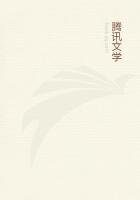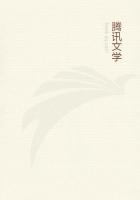INSTITUTIONS AND THE INDIVIDUAL THE NATURE OF INSTITUTIONS -- HEREDITARY AND SOCIAL FACTORS-- THE CHILD AND THE WORLD -- SOCIETY AND PERSONALITY -- PERSONALITY versus THE INSTITUTION -- THE INSTITUTION AS A BASIS OF PERSONALITY -- THEMORAL ASPECT -- CHOICE versus MECHANISM -- PERSONALITY THE LIFEOF INSTITUTIONS -- INSTITUTIONS BECOMING FREER IN STRUCTURE.
AN institution is simply a definite and established phase of the public mind, not different in its ultimate nature from public opinion, though often seeming, on account of its ; permanence and the visible customs and symbols in which it is clothed, to have a somewhat distinct and independent existence.Thus the political state and the church, with their venerable associations, their vast and ancient power, their literature, buildings and offices, hardly appear even to a democratic people as the mere products of human invention which, of course, they are.
The great institutions are the outcome of that organization which human thought naturally takes on when it is directed for age after age upon a particular subject, and so gradually crystallizes in definite forms梕nduring sentiments, beliefs, customs and symbols.And this is the case when there is some deep and abiding interest to hold the attention of men.Language, government, the church, laws and customs of property and of the family, systems of industry and education, are institutions because they are the working out of permanent needs of human nature.
These various institutions are not separable entities, but rather phases of a common and at least partly homogeneous body of thought, just as are the various tendencies and convictions of an individual: they are the "apperceptive systems" or organized attitudes of the public mind, and it is only by abstraction that we can regard them as things by themselves.We are to remember that the social system is above all a whole, no matter how the convenience of study may lead us to divide it.
In the individual the institution exists as a habit of mind and of action, largely unconscious because largely common to all the group: it is only the differential aspect of ourselves of which we are commonly aware.But it is in men and nowhere else that the institution is to be found.The real existence of the Constitution of the United States, for example is in the traditional ideas of the people and the activities of judges, legislators and administrators; the written instrument being only a means of communication, an Ark of the Covenant, ensuring the integrity of the tradition.
The individual is always cause as well as effect of the institution:
he receives the impress of the state whose traditions have enveloped him from childhood, but at the same time impresses his own character, formed by other forces as well as this, upon the state, which thus in him and others like him undergoes change.
If we think carefully about this matter, however, we shall see that there are several somewhat different questions which might be included in a study of the relation between the individual and institutions; and these we ought to distinguish.
One of them is that of the babe to the world, or of the hereditary factor of life, existing in us at birth, to the factor of communication and influence.
Another and quite different one is that of society and personality, or of the relation between the mature individual and the whole of which he is a member.
A third is the question梐gain a distinct one梠f the relation, not between the person and society at large, but between him and particular institutions.
This last is the one with which we are more properly concerned, but it may not be amiss to offer some observations on the others.
The child at birth, when, we may suppose for convenience, society has had no direct influence upon him represents the race stock or hereditary factor in life in antithesis to the factor of tradition, communication and social organization.He also represents an undeveloped or merely biological individuality in contrast to the developed social whole into which he comes.
We think of the social world as the mature, organized, institutional factor in the problem; and yet we may well say that the child also embodies an institution (using the word largely) and one more ancient and stable than church or state, namely the biological type, little changed, probably, since the dawn of history.It cannot be shown in any way that I know of that the children born to-day of English or American parents條eaving aside any question of race mixture梐re greatly different in natural outfit from the Saxon boys and girls, their ancestors, who played upon the banks of the Elbe fifteen hundred years ago.The rooted instincts and temperament of races appear to be very much what they were, and the changes of history?
the development of political institutions, the economic revolutions, the settlement of new countries, the Reformation, the rise of science and the like梐re changes mainly in the social factor of life, which thus appears comparatively a shifting thing.
In the development of the child, then, we have to do with the interaction of two types, both of which are ancient and stable, though one more so than the other.And the stir and generation of human life is precisely in the mingling of these types and in the many variations of each one.
The hereditary outfit of a child consists of vague tendencies or aptitudes which get definiteness and meaning only through the communicative influences which enable them to develop.Thus babbling is instinctive, while speech comes by this instinct being defined and instructed in society; curiosity comes by nature, knowledge by life; fear, in a vague, instinctive form, is supposed to be felt even by the foetus, but the fears of later life are chiefly social fears; there is an instinctive sensibility which develops into sympathy and love; and so on.

